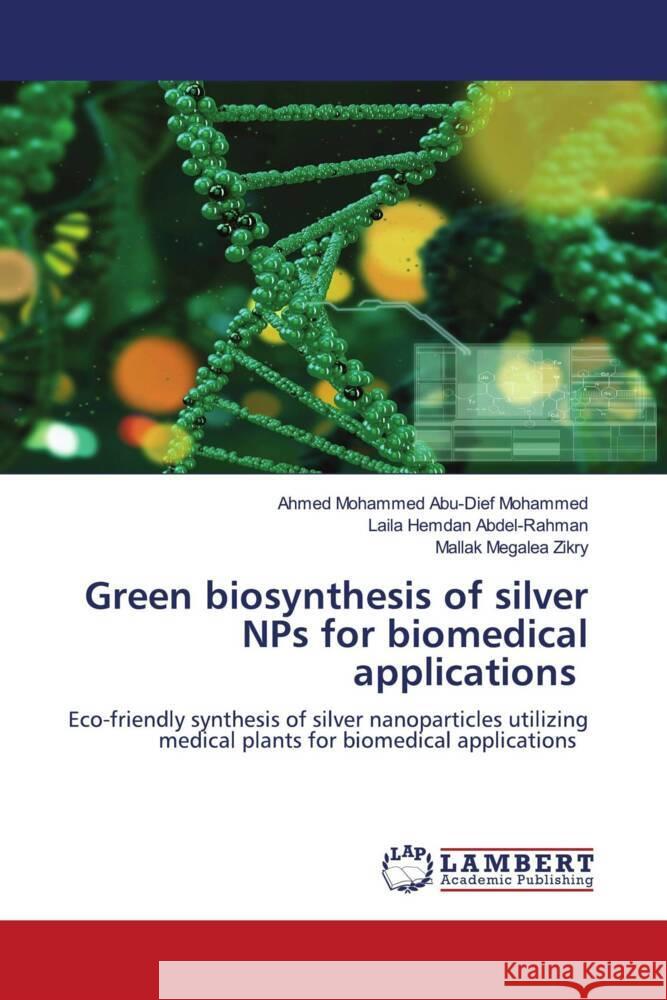Green biosynthesis of silver NPs for biomedical applications » książka
Green biosynthesis of silver NPs for biomedical applications
ISBN-13: 9786204200408 / Angielski / Miękka / 132 str.
Silver nanoparticles (AgNPs) have shown excellent bactericidal properties against a wide range of microorganisms. Since AgNPs are smaller than the microorganisms, they diffuse into cell and rupture the cell wall. The smaller nanoparticles are more toxic than the bigger ones. AgNPs are also used in packaging to prevent damage of food products by pathogens. Biological synthesis of AgNPs from herbal extract and/or microorganisms has appeared as an alternative approach as these routes have several advantages over the chemical and physical methods of synthesis because: First, plants and their parts contain carbohydrates, fats, proteins, nucleic acids, pigments and several types of secondary metabolites which act as reducing agents. Second, plants produce nanoparticles from metal salts without producing any toxic by-product. The use of environmentally benign materials like medicinal plants leaf extract for the synthesis of silver nanoparticles offers numerous benefits of eco-friendliness and compatibility for pharmaceutical and other biomedical applications as they do not use toxic chemicals for the synthesis protocol.











